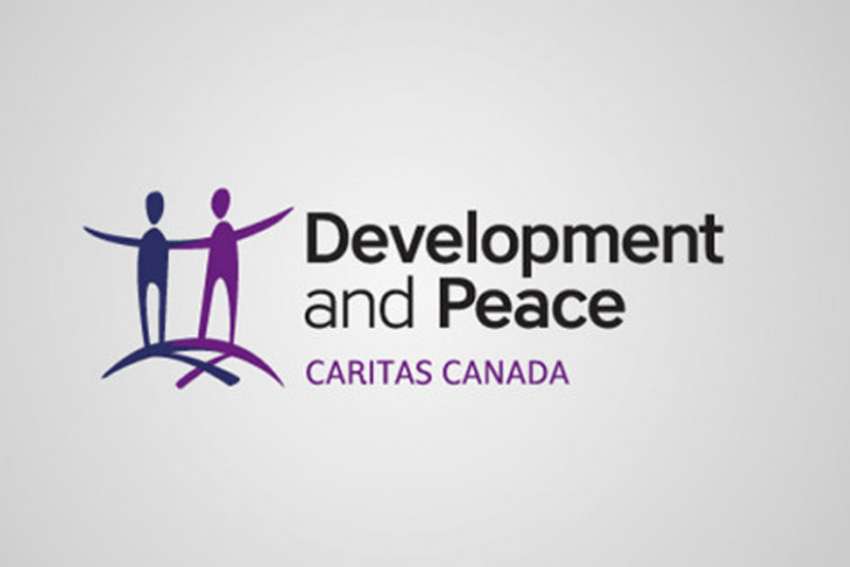The Canadian Religious Conference, which represents more than 11,000 priests, sisters and religious brothers, is demanding answers from Development and Peace management about how and why 24 of the organization’s partners in Africa, Latin America and Asia were cut.
In a statement, the Canadian Religious Conference looks at the Feb. 25 joint press release from Development and Peace and the CCCB and calls into question the legitimacy of the entire investigation.
“Does this statement respond to the legitimate questions asked by the many people who for several years have supported Development and Peace and contributed to its annual financial campaign? Absolutely not!” the CRC said.
The Feb. 25 statement summarized the findings of the investigation that looked at 63 organizations that were D&P partners. The report stated 24 partnerships would be severed “following a lack of clarification to resolve serious questions regarding support for positions or actions in conflict with the Church’s social and moral teachings.”
Canada’s Jesuit Fathers are faulting the process for being narrowly focused on “sexual matters” and ignoring sources of accurate information about the 63 partners.
“This process has harmed the reputation of some people and organizations, many supported by the local Church, who often risk their lives to defend poor and marginalized people,” Jesuit provincial superior Fr. Erik Oland wrote in a statement on the Jesuit website. “The impact of this decision may have widespread and long-term consequences for partner organizations in the global south, threatening their very existence. This would represent a profound loss of the prophetic witness of the Church.”
The Canadian Religious Conference said it has been biting its tongue, hoping for a better result, throughout the partnership review process. After seeing internal communications about the final vote that expelled 24 D&P partners, the CRC decided “the time for reflection and prudence in our reaction must end.”
In a letter to CRC membership, CRC’s former president, Franciscan Br. Louis Cinq-Mars, said the review had been driven by “ideological considerations.”
“The CRC’s chief concern is the situation of our sisters and brothers who suffer and need this international aid,” Cinq-Mars wrote. “Faced with people’s misery, we must mobilize because human dignity is at once a right and a duty which calls upon all of us.”
The Jesuits plan to continue working with Development and Peace, Oland said.
“We remain hopeful that the leadership of the CCCB and the Canadian Catholic Organization for Development and Peace (CCODP) will demonstrate transparency and openness,” Oland wrote in an e-mail. “Above all, we hope that this will be the prevailing spirit going forward. Our greatest concern is the threat to the work of D&P partners in light of the responsibility we have to our brothers and sisters in the global south.”
The Canadian Conference of Catholic Bishops did not respond to interview requests from The Catholic Register.
Development and Peace management had a meeting scheduled to decide how and whether the organization would respond to CRC and Jesuit concerns on March 24, after The Catholic Register’s press time.


